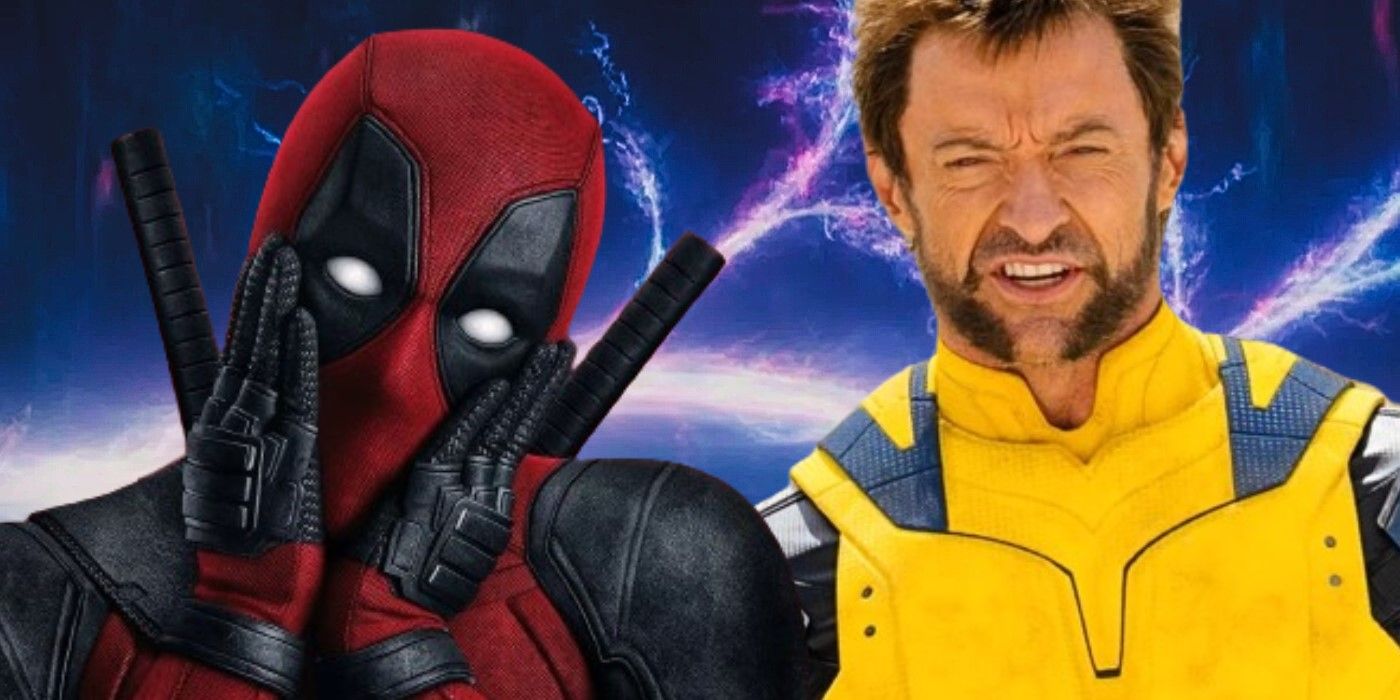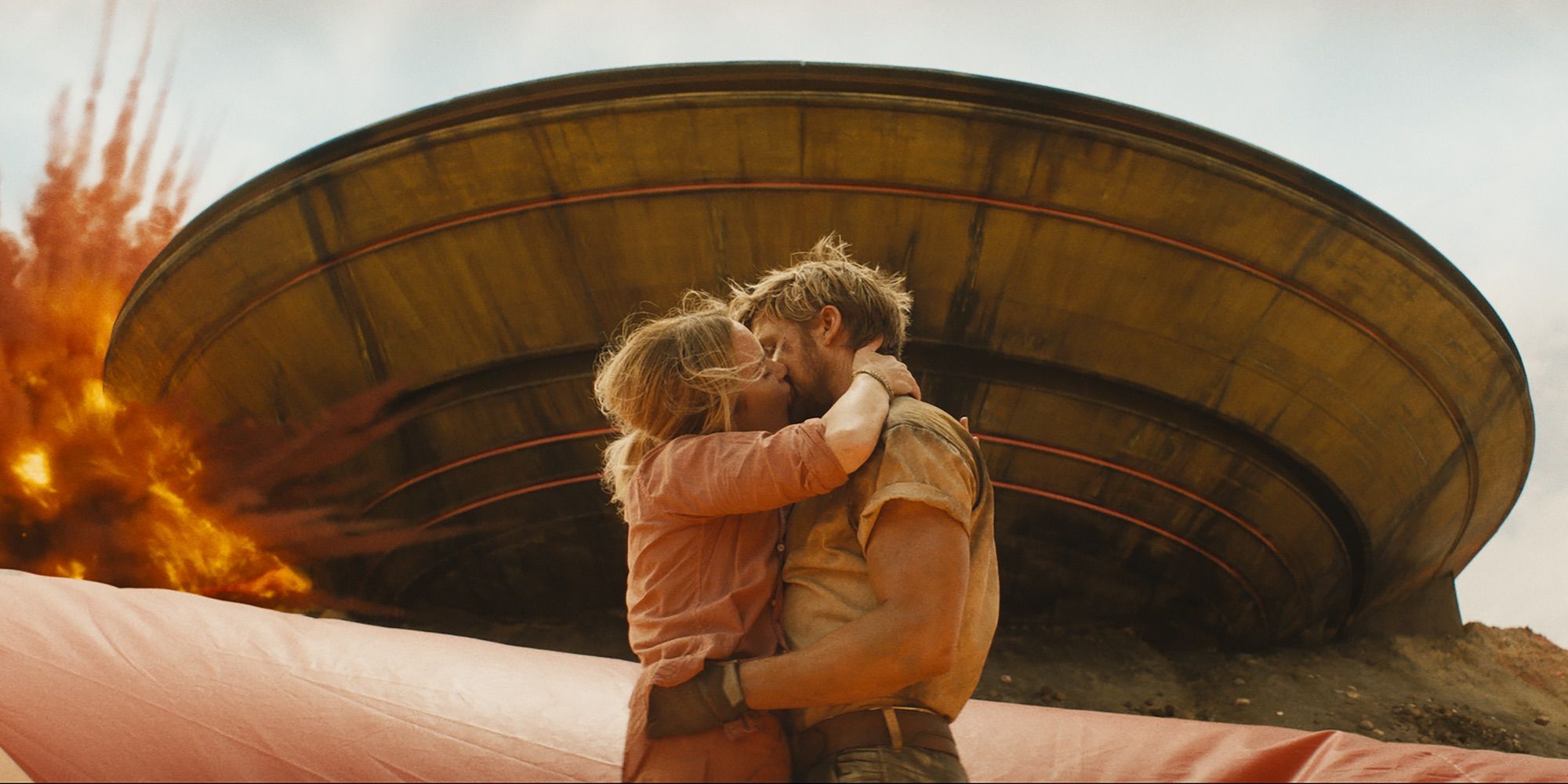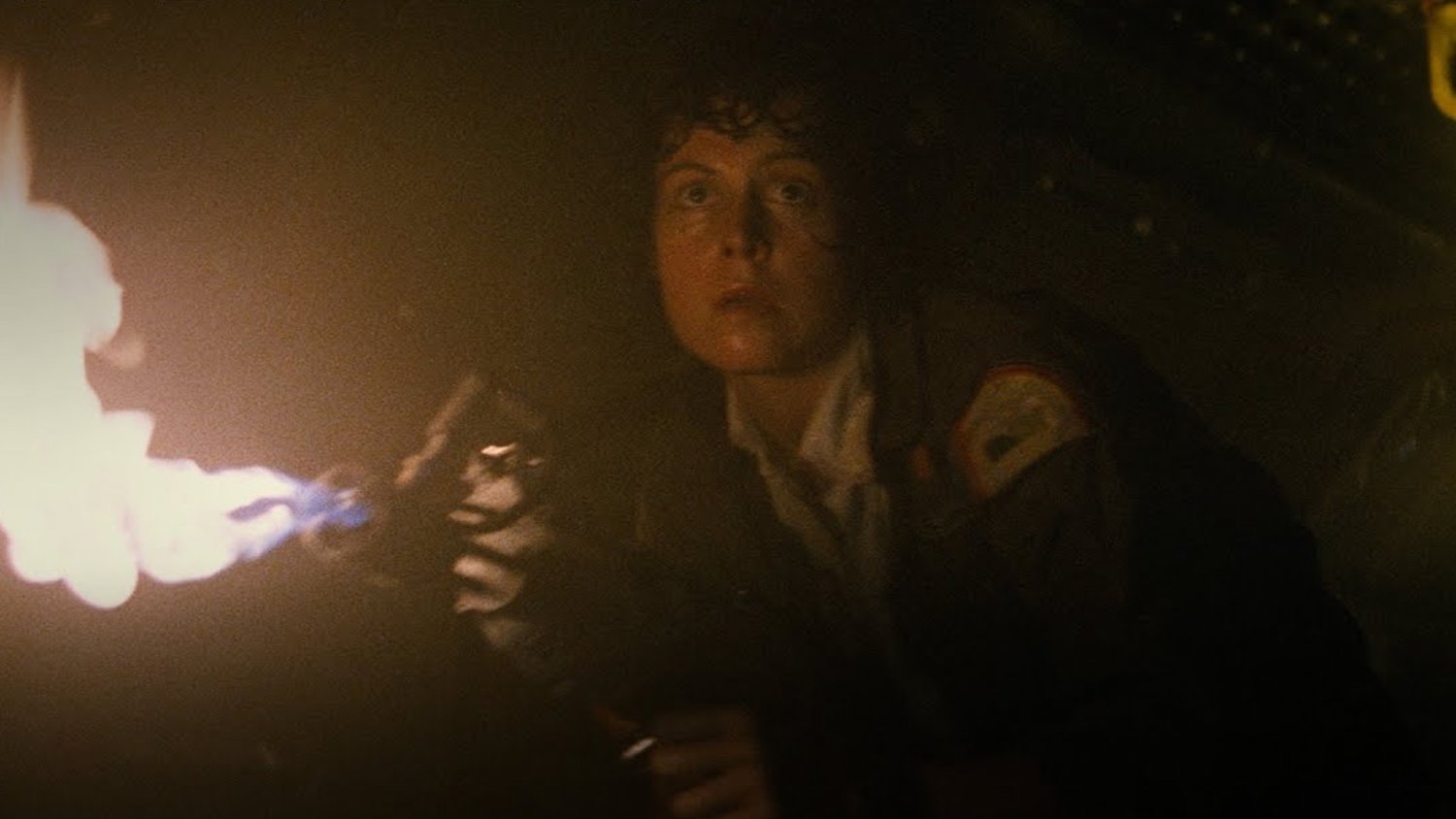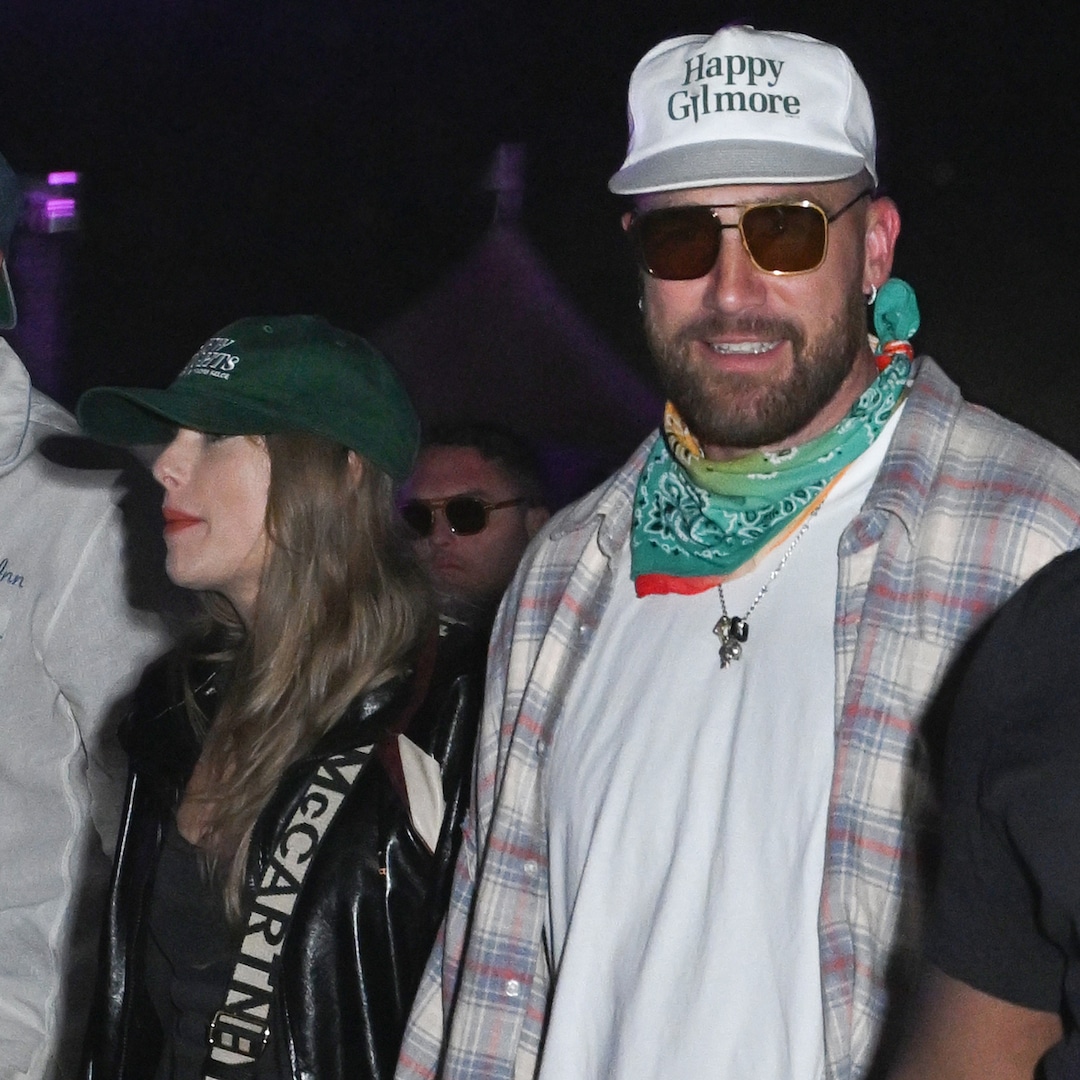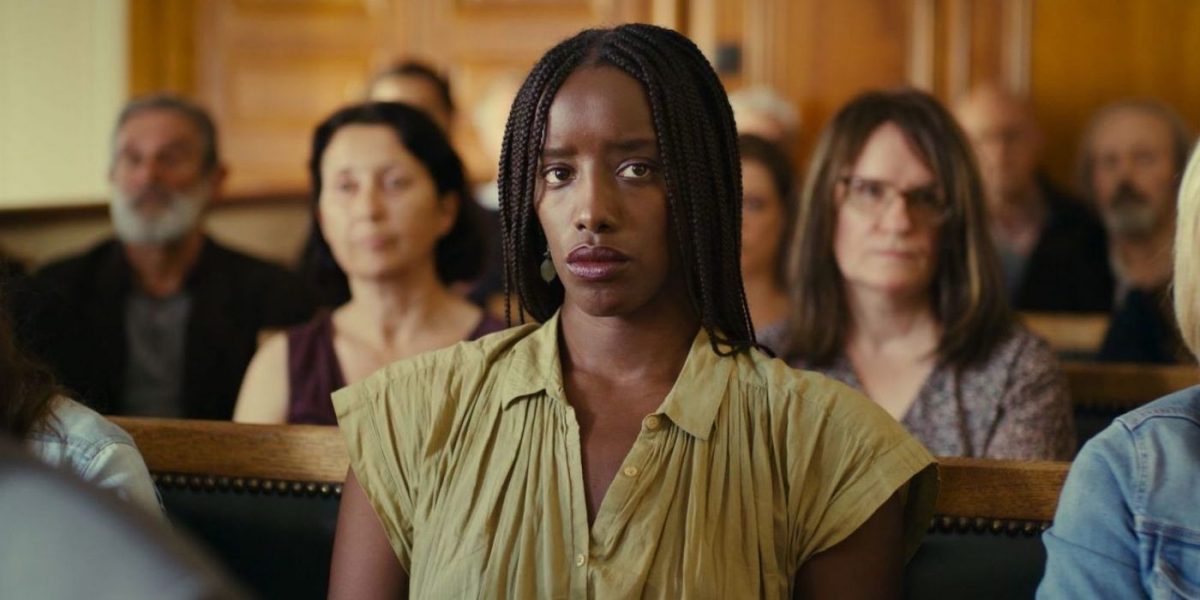
Alice Diop Challenges Our Conceptions of the Legal Drama
Jan 18, 2023
There are a lot of legal dramas out there. On television, this past year has seen great shows like Better Call Saul and ones that are less so like The Lincoln Lawyer. In film, there have been compelling works like Argentina, 1985 that effectively grounded themselves in history. All are built around the various dramas to be found in legal proceedings. Each, in their own way, grapples with the mundanity and absurdity of us placing our hopes for justice in systems that are ill-equipped to repair what has already been broken. Yet none are like writer-director Alice Diop’s monumental first narrative feature Saint Omer. First premiering at the Venice Film Festival, it reveals its most haunting truths to us slowly even as it seems to lay all its cards on the table early on. In doing so, it confronts us with deeper truths we would otherwise ignore.
COLLIDER VIDEO OF THE DAY
It all begins and ends with the story of Rama (Kayije Kagame) who awakens one morning after what seems to be a nightmare that carries a personal significance though may also be the painful memory of another. She is clearly frightened by it, though she attempts to push past it in order to continue on with her day. This becomes a recurring element in the story, as she is reticent to share herself and her life with her family. She then packs a bag and gets on a bus to go spend what feels like several days observing the trial of a Senegalese woman named Laurence Coly (Guslagie Malanda), who is being put on trial in Saint-Omer, France. Rama is there solely to watch for the purposes of a book she intends to write. However, there are many reservations and wrinkles that the film then spends its time delicately untangling. At the very beginning of the proceedings, we are given the “truth.” We learn that Laurence left her child to die, something she admits to, but we then see how this death came by a thousand cuts over multiple years that grew to be too much. What follows is a series of scenes that are defined by unbroken monologues that are simple yet absolutely devastating to just sit and watch. It is a mesmerizing legal drama where the pretense and spectacle we have grown accustomed to seeing in other such depictions of the process have been stripped away.
Often feeling more like a play, outside the beginning premonition, there are no flashbacks to what happened. Instead, Diop draws us deeper into the world almost entirely via dialogue. In this, she relies on Malanda to give an understated yet unflinching performance. As every aspect of her character’s life is put under a microscope to poke and prod at, the manner in which she brings every line to life makes for a multilayered, uncompromising experience. It reveals the complete and utter lack of compassion for Laurence in every phrase of the process. This is seen when, in a fleeting moment where the legal and existential weight on her shoulders proves to be too much following testimony by a supposed expert who makes a slew of racist remarks, she sits down before being instructed that she must remain standing. While the story is fundamentally about the way dehumanization is baked into the foundations of such a process, the film is a quiet yet deeply compassionate one. This itself is a rarity that flies in the face of how these things normally go where an intrepid lawyer is given the spotlight. Instead, we see it focus almost entirely on Laurence through the eyes of Rama.
Image via Super
RELATED: The Best Films of 2022
This makes sense considering that it was based on a real trial that Diop was personally drawn to and attended. Though she doesn’t speak much, Rama is no less of an important presence and the film says so much just with what she pays attention to. At one key moment, the discussions of the proceedings all fade into the background as she just looks at the resolute Laurence who turns to her and briefly smiles in recognition. In the entire film, it is the only time the two actually make eye contact. When paired with an initially subtle yet increasingly overwhelming score by Thibault Deboaisne, it is completely shattering. While everyone else seemed to be talking around Laurence, even discussing her state of mind and history as if she was not right there with them, it was Rama who truly sought to see her.
The moment is a painful one as she sees not just herself, but her own mother and life reflected at her. Though such sequences almost step away from the entire process, whose outcome feels all-but-certain, the humanity of it is what makes it no less harrowing. There is no mystery to be solved in this case and, perhaps more importantly, no sense that any of this is going to lead to justice. After all, by the time everyone has arrived in this courtroom, so much has already gone wrong and will never be repaired. Diop makes this central to every facet of the film, calling into question the premise of the stories we tell ourselves of justice and who they leave behind.
Instead of said sweeping tale of justice prevailing that we’ve seen over and over, Saint Omer is more honest about what really happens and is all the more haunting because of it. We are immersed in a process that feels cruel without cause, brutal without purpose, and doomed to only create more injustice. This is precisely the point, as Diop creates an experience that feels most like her past documentaries in how it watches with a reserved yet reverential patience. There is a refreshing lack of convention as Diop sets out to reveal more meaningful truths that would otherwise go overlooked. It is the small moments that bring this to life from the torrent of testimony to the stark way it is presented with Deboaisne’s otherworldly score that begins to rise up. Even with a final speech that is part of a desperate attempt to find some sort of salvation, Diop ensures we know this will never be enough. Even as we notably don’t see it all come to a close, the impact it leaves on Mana means we understand the reverberations of the loss more thoroughly than if it had spelled it out. In a world where justice is in short supply, it is Saint Omer that finds a greater and more profound truth than any other film of its kind.
Rating: A
Saint Omer comes to theaters on January 13.
Publisher: Source link
Taylor Swift Appears To Slam Fans Who Condemned Matty Healy Relationship
In Feb. 2023, Matty sparked further backlash during an appearance on The Adam Friedland Show podcast, during which he laughed while rapper Ice Spice was referred to as a “chubby Chinese lady” and “a fucking Eskimo.” A range of accents…
Apr 23, 2024
Halle Bailey Says She's Suffering From "Severe" Postpartum Depression
Halle Bailey's postpartum struggles have come in waves. The Little Mermaid actress opened up about the mental health challenges she's faced as a new mom since welcoming her baby boy Halo with... Disclaimer: This story is auto-aggregated by a computer program and has not been created…
Apr 23, 2024
I Just Read That 50% Of People Under 40 Don't Know Who These Bands Are. Please Tell Me You Do.
Make me proud.View Entire Post › Disclaimer: This story is auto-aggregated by a computer program and has not been created or edited by filmibee.Publisher: Source link
Apr 22, 2024
Taylor Swift’s PDA Video With Travis Kelce Shows Their True Alchemy
"Loml": In this moving track, Taylor first sings about being called the love of someone's life "about a million times." However, the dynamic soon changed. "If you know it in one glimpse, it's legendary," she notes. "What we thought was…
Apr 22, 2024

